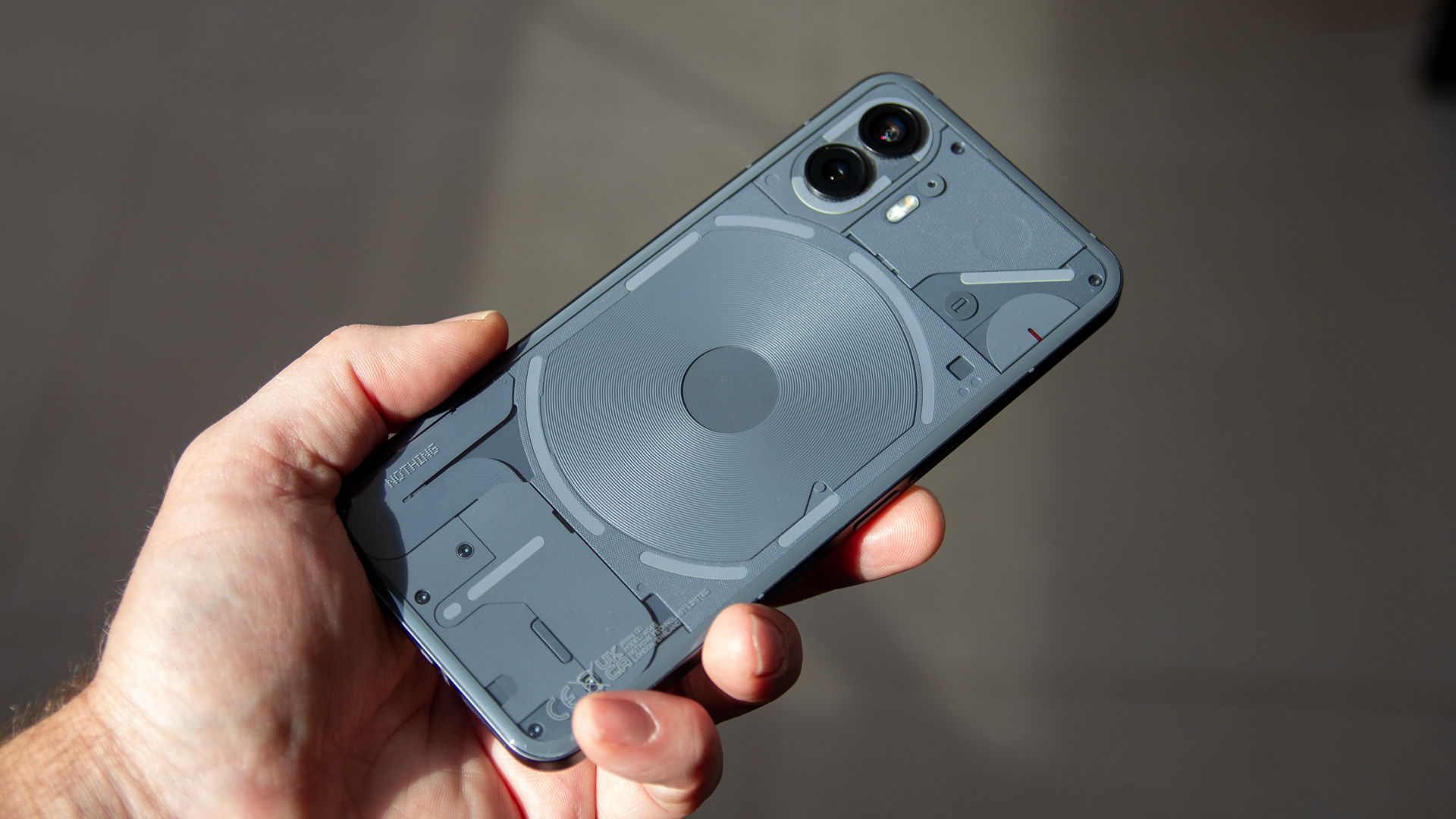
Nothing founder Carl Pei has expressed his interest in developing an operating system.
The true Nothing OS is give the company the chance to develop experiences that go beyond the current offerings for market leaders Android and iOS.
Nothing, the London-based tech startup, has had a couple of interesting years, launching a couple of phone models and headphones to match, offering affordability and an interesting twist in the tail of modern smartphones. But the company could be eyeing something much larger.
Talking at TechCrunch Disrupt, company founder Carl Pei discussed the big platforms that dominate the mobile space – Android and iOS – before going on to say: “We’re thinking about how we manoeuvre here and maybe create something of our own… some kind of operating system.”
Nothing currently uses Android to run its smartphones, laying its own customisation over the top. This is the same situation as the majority of brands in the smartphone space – even Samsung has a close working relationship with Google having failed to get Tizen off the ground in smartphones a decade ago.
The comments should be approached with caution however, as Carl Pei then goes on to say: “I don’t think we need to necessarily work on the lower part of the stack for now… we should work on innovating the user experience, because operating systems haven’t really changed for 40 years.”
So while Nothing seems to be dangling the carrot of a Nothing OS that’s more than just a skin on Android, it also seems to be stepping away from some of the core tenets of having a complete hardware and software system of its own.
Pei goes on to list the companies making smartphones outside of China, reeling off Apple, Samsung, Google and his own. Of those, Apple and Samsung own huge market share, while Google underpins Samsung. Carl Pei suggests that it wouldn’t be too hard to compete – with the application of AI to boost the user customisation experience.
Nothing wouldn't be the first to attempt its own OS
But the elephant in the room is that to have an operating system that’s distinct and independent from existing platforms would mean you have to ensure that all experiences people want are supported. That was the challenge that Huawei faced when it developed HarmonyOS and had to convince app developers to come on board.
There’s also the reality that many people want a joined up system and stepping away from Android would mean that you’re setting out of a vast ecosystem, with many hardware players and a compatibility layer that covers hundreds of brands.
What’s clear though is that Nothing sees AI as central to future OS experiences, to take all that personal information that devices have and create something truly bespoke to each user.
This is something Google, Samsung and now Apple haven’t quite achieved.
While summaries of emails and the ability to change the tone of a message is one use of AI, we’re yet to see any breakthrough use of the emerging technology and all the information it has to change how you use a smartphone.
Carl Pei declined to comment on whether Nothing was looking to raise funds to invest in operating system development, but it’s clear that the firm has bigger ambitions than just making smartphones and earbuds.







